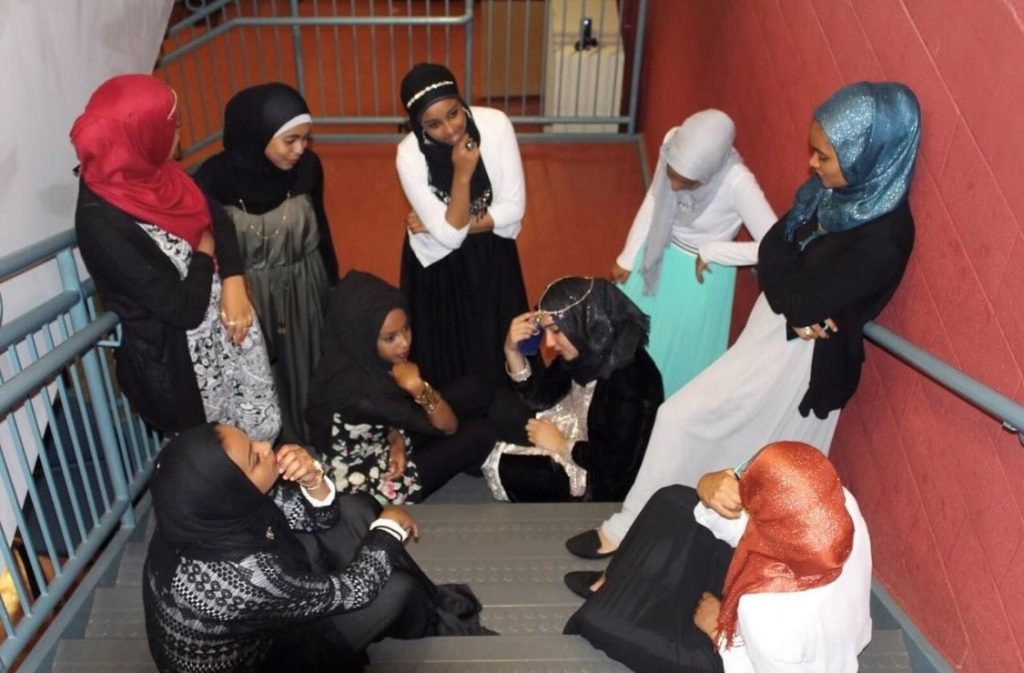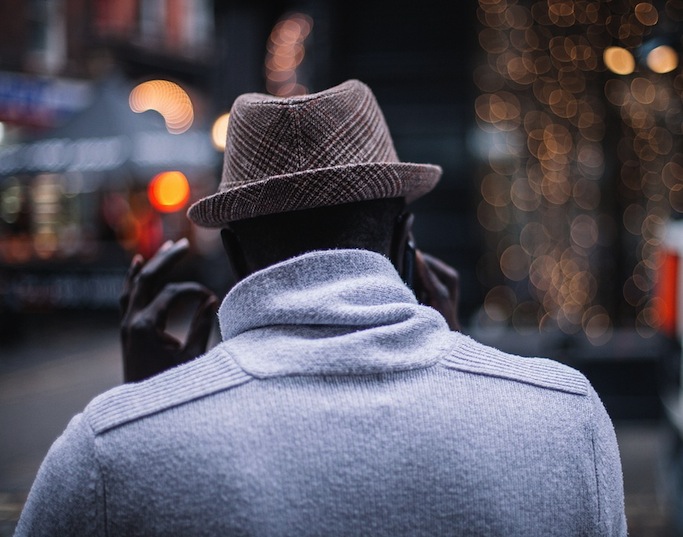
Why Structural Racism Needs to be Addressed in the Muslim Community?
For non-black Muslims who grew up in the suburbs, attended private schools, and rarely encountered black Muslims in their mosques, it’s easy to uphold dangerous and toxic notions about the black community while simultaneously denying the existence of blackness in our historical stories and texts.
You cannot have empathy or feel a need to build bridges with a demographic of people that don’t exist to you. The denial and silencing of our pain is an intentional tool used to marginalize our voices, experiences, and existence.
The role, importance, and existence of Black Muslims in Islamic history and present day is rarely highlighted in non-black communities. The denial of the presence of blackness during the times of Prophet Muhammad (PBUH) has been evident in our religious texts for years.
Only during recent years, through the prominent work of black Muslim scholars, we have learned about Lady Fidda – a black Muslim woman originally from Ethiopia who was known to only speak with verses of the Qur’an during the time of the Prophet, Sumayya bint Khayaat – one of the first martyrs in early Islam, and Umm Ayman Baraka – a woman of Abyssinian descent who helped to raise the Prophet Muhammad (saaw).
It is essential for us to begin with acknowledging that our historical attitudes toward race and slavery can be rendered as no less complicit in the oppression of Black people than that of the Western European Christians who colonized Africa and the Americas.
Fixing Anti-Blackness Begins with Us
I’ve been asked how to stand in solidarity with the black community by many of my non-black friends. Fixing anti-blackness must begin with addressing the structural racism that exist within our own communities, Masjids, and Islamic institutions.
Black Muslims should not be expected to fix nor advise other communities on how to address the structural racism that exists within their communities.
We need to stop asking what Black people are going to do about racism. Instead, ask ourselves if we have reached a point in our faith where believing men and women will do nothing?
Pages: 1 2

